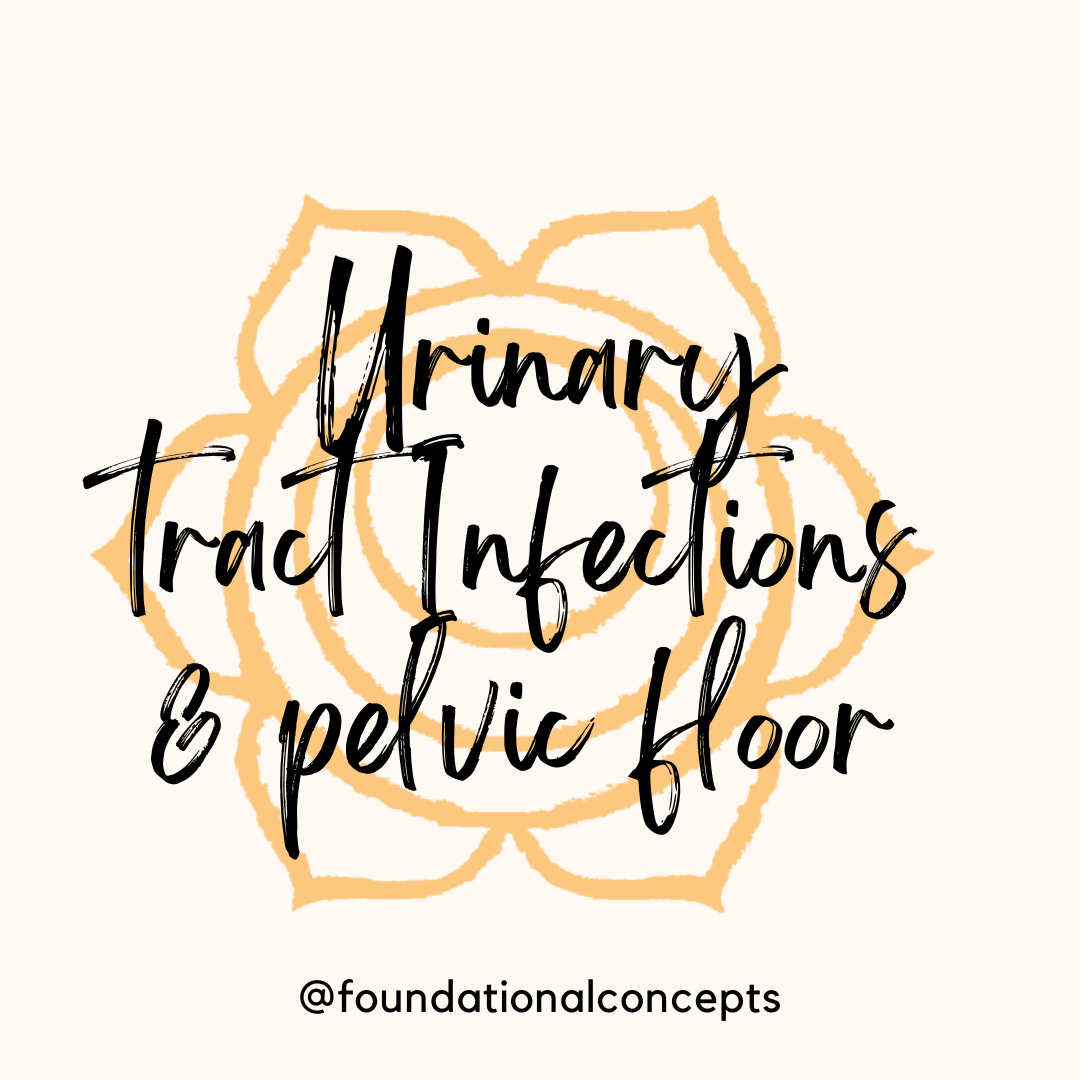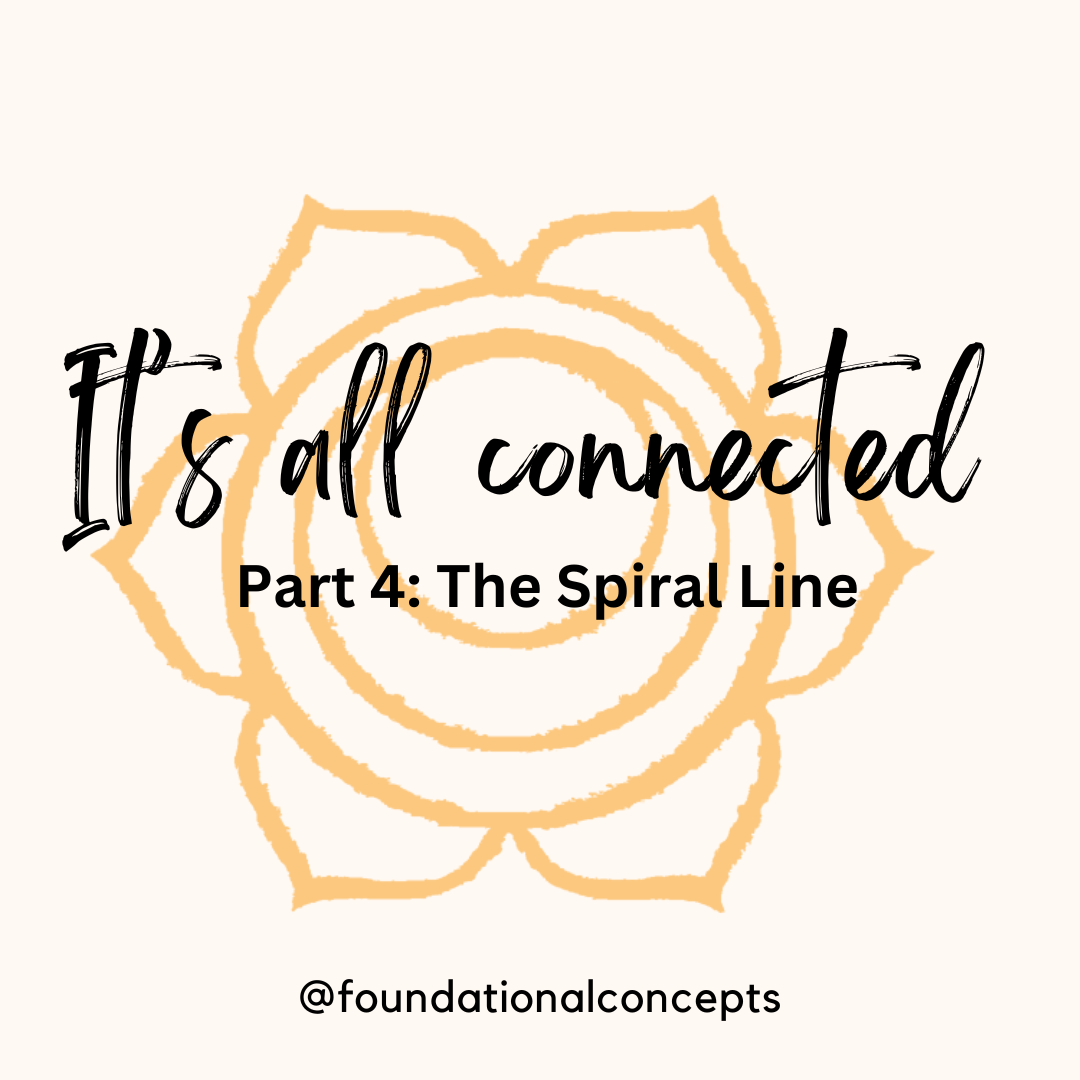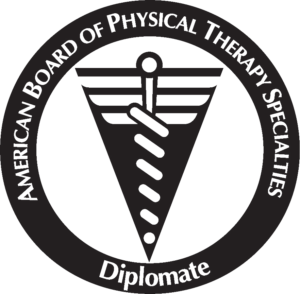In Pelvic Floor Physical therapy, as we look over our patients’ intake paperwork, one thing…
April is Sexual Assault Awareness Month
Pelvic Pain and Sexual Abuse: a Physical Therapist’s Role in Guiding Your Journey to Healing
As a physical therapist specializing in pelvic dysfunction, over the years I have seen many women and men who were victims of sexual abuse or violence. In my training we were educated about the importance of asking our patients if they have experienced sexual trauma or physical abuse. As a young therapist, when I first began to treat pelvic pain I felt bad asking my patients this tough question. The more I asked, the more I began to realize how astounding it was that so many women (and men) have been victims of sexual violence. I have days where I want to cry, days where I do cry with my patients, and days where I am angry that so many people have had an unwanted or physically violent sexual experiences.
Did you know that 20 million women in the US have been raped?1 20 million. Take that in for a moment, let it resonate and then realize that is nearly 1 in 5. If you have never been a victim, you likely know someone who has. Only 16% of those are reported to authorities.1 The Centers for Disease Control estimates that 1 in 6 boys and 1 in 4 girls are sexually assaulted before the age of 18.2 Again, take that in. You likely know someone, or were one of these numbers. It is saddening, it is heartbreaking, it is angering. But there is hope.
We know that trauma manifests itself physically. As a pelvic physical therapist, patients come to me in all stages of recovery from sexual assault. It may be years later, they have sought out counseling and are in a safe place with a loving partner. It could still be an open wound, but they are ready to find answers to heal. And sometimes it is a searing wound that they aren’t ready to discuss. Wherever they are in that journey, our job is help them heal both physically and emotionally. I am humbled when a patient feels enough trust in me to share their story. I am passionate about making sure I am able to give every option to them to help them recover.
It is very common that people who have been sexually abused will present with pelvic pain. One study reports as many as 22% of women with chronic pelvic pain have been victims of sexual abuse as children. 3 When a woman is sexually victimized there is a tissue response that occurs. This response is one of muscle guarding, causing tension and restrictions in the connective tissue. This impacts musculoskeletal function and eventually can cause pain due to improper muscle function. Psychological studies show increased frequency and prevalence of chronic stress and traumatic life events (sexual and physical abuse) in women with chronic pelvic pain. 4 This would suggest a relationship between posttraumatic stress disorder (PTSD) and CPP. Both chronic pelvic pain and PTSD are associated with alterations in our stress response system. Patients with chronic pelvic pain show a significantly higher prevalence of major depression, substance abuse, adult sexual dysfunction, and history of childhood and adult sexual abuse when compared to their peers.5
As a physical therapist, I am an expert in musculoskeletal and nervous system dysfunction. Physical Therapy is the most appropriate to evaluate and help determine the plan of care for women with pelvic pain. This is because pelvic pain is most often due to dysfunctions within these systems. As we coordinate a patient’s care plan, it is imperative to involve a psychologist or licensed counselor who is experienced in helping women with both sexual trauma and pain. It is also very important to have a medical doctor who is willing to work with the patient regarding medications that might be helpful in their recovery process. Often we may find help from acupuncture, massage, dietetics or other health providers. The important fact is one single discipline is not the only answer.
There are answers. If you have been a victim of sexual abuse or assault, let me first say I am sorry. No one deserves that pain. Second, know that no matter how many people I see who share their story, it will never be novel, and my heart will always ache for each one. Third, you are a lovely human being who can find strength and peace. You just may need the right guides to get you there. Please find help. We are in an age where there is so much understanding of the brain and nervous system, and so much progress in how we are able to help you. Healing is a journey. It is important to open yourself up to the possibility that you can live with less pain, both physically and emotionally.
April is Sexual Assault Awareness Month. If you or someone you know has been a victim, give them a hug or a kind word expressing how much you appreciate them. Say a prayer for those out there who are struggling to find answers. Share this blog with people to bring awareness to how many of us are impacted by sexual abuse. Be kind, you never know what the person next to you might be going through. The more we know, the more we are able to help ourselves and those around us.
–Sarah Dominguez, PT, WCS, CLT
This blog is here for your help. It is the opinion of a Licensed Physical Therapist. If you experience the symptoms addressed you should seek the help of a medical professional who can diagnose and develop a treatment plan that is individualized for you. If you enjoyed this blog, check out our website at foundationalconcepts.net for more blog entries and to learn more about our specialty PT practice, Foundational Concepts. Follow us on Twitter @SarahpelvicPT or @Jenn_pelvic_PT and like us on Facebook/Foundational Concepts for updates.
- Kilpatrick, Dean G., Ph.D., Heidi S. Resnick, Ph.D., Kenneth J. Ruggiero, Ph.D., Lauren M. Conoscenti, M.A., and Jenna McCauley, M.S., “Drug-Facilitated, Incapacitated, and Forcible Rape: A National Study,” July 2007. (https://www.ncjrs.gov/pdffiles1/nij/grants/219181.pdf) (December 21, 2011)
- “Child Sexual Abuse: What Parents Should Know,” American Psychological Association. (http://www.apa.org/pi/families/resources/child-sexual-abuse.aspx) (February 19, 2014)
- http://journals.lww.com/greenjournal/Abstract/2000/12000/Chronic_Pelvic_Pain_and_Previous_Sexual_Abuse.12.aspx
- http://journals.lww.com/psychosomaticmedicine/Abstract/1998/05000/Abuse_Related_Posttraumatic_Stress_Disorder_and.17.aspx
- http://ajp.psychiatryonline.org/doi/abs/10.1176/ajp.145.1.75?journalCode=ajp





This Post Has 0 Comments